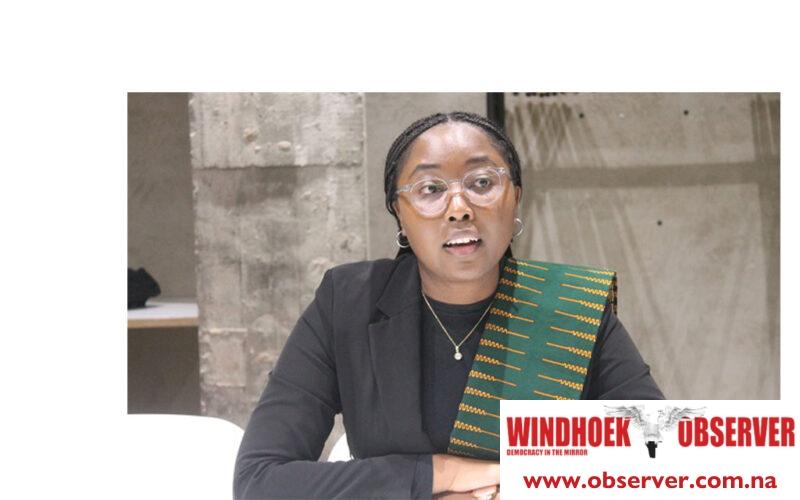Martin Endjala
The Cabinet has declared 28 May a Genocide Remembrance Day, effective in 2025, and endorsed it as a public holiday.
The information, communication, and technology minister, Emma Theofelus, made the announcement on Tuesday.
“Cabinet directs the Ministry of Justice to draft a proclamation as required under Section 1(3) of the Public Holidays Act, 1990 (Act No. 26 of 1990) to be certified by the Attorney-General for consideration and signature of the President in order to coincide with the public announcement of Genocide Remembrance Day on 28 May 2024,” she said.
Theofelus stated that the Cabinet also instructed the Ministry of Education, Arts, and Culture to utilize Genocide Remembrance Day as a unifying element and pinpoint key locations for monument construction, in collaboration with the Technical Committee on Genocide, Apology, and Reparations (GAR) of the Ministry of International Relations and Cooperation.
The endorsement of the remembrance day comes after Cabinet endorsed the contents of the letter submitted by the speaker of the National Assembly, Peter Katjavivi, dated 18 March, that 28 May be adopted as genocide remembrance day.
He lauded the Cabinet’s decision, saying it is a significant milestone in a journey rooted in the people’s resilience and determination.
“The origins of this important commemoration can be traced back to the 2006 motion for genocide negotiations tabled by the late Dr. Kuaima Riruako in the National Assembly. Further, the motion to establish a dedicated Remembrance Day was moved by Maamberua. In both cases, we owe a debt of gratitude to the Members of Parliament for their bold and bipartisan approach to addressing this critical issue,” said Katjavivi.
He highlighted that the topic of genocide and the necessity of addressing its implications, particularly in relation to the German authorities, has been a continuous concern for the nation.
Katjavivi further stated that the declaration of Genocide Remembrance Day is not merely a symbolic act, but it signifies the beginning of an important journey of healing, reconciliation, and education.
He added that what remains are preparations for the formal launch, as well as integrating the day into the national consciousness and educational programmes.
Esther Munjangue, the deputy minister of health and social services and a member of the Ovaherero Genocide Committee, told the Windhoek Observer on Tuesday that the day was long overdue.
“On 28 May 1908, the Germans decided to close all concentration camps in Namibia. A big thank you to the honourable Usutuaije Maamberua for tabling the motion. Thank you to the government and cabinet for approving the motion and declaring it a public holiday. This is preserving our rich history,” she said.




